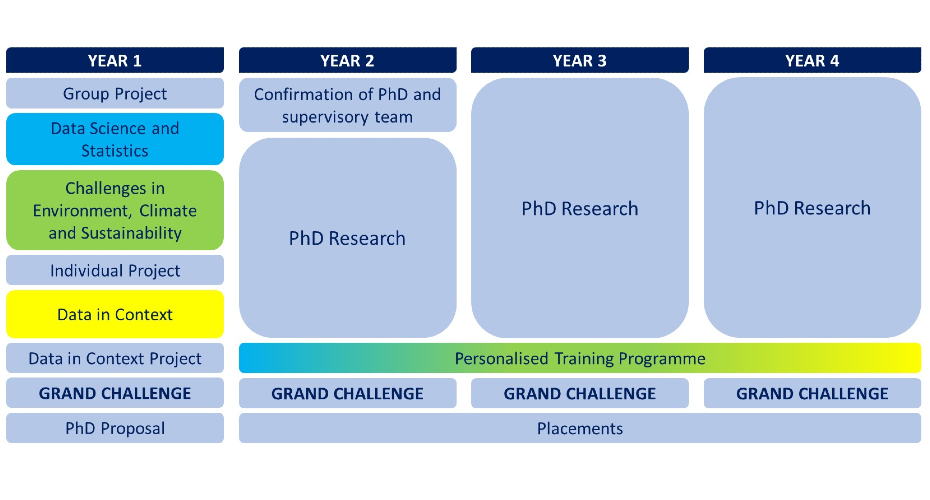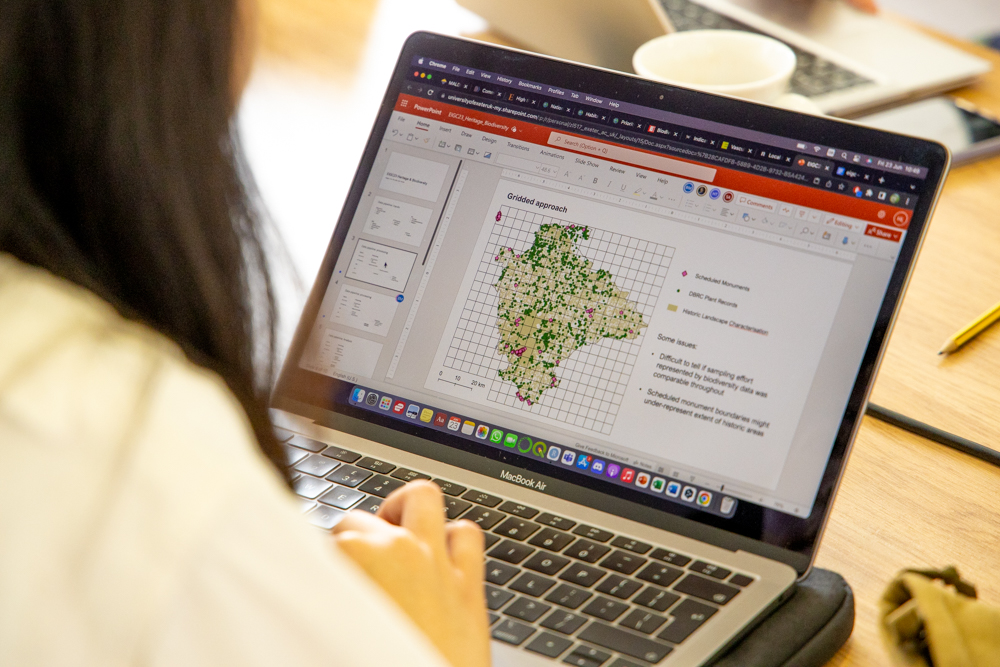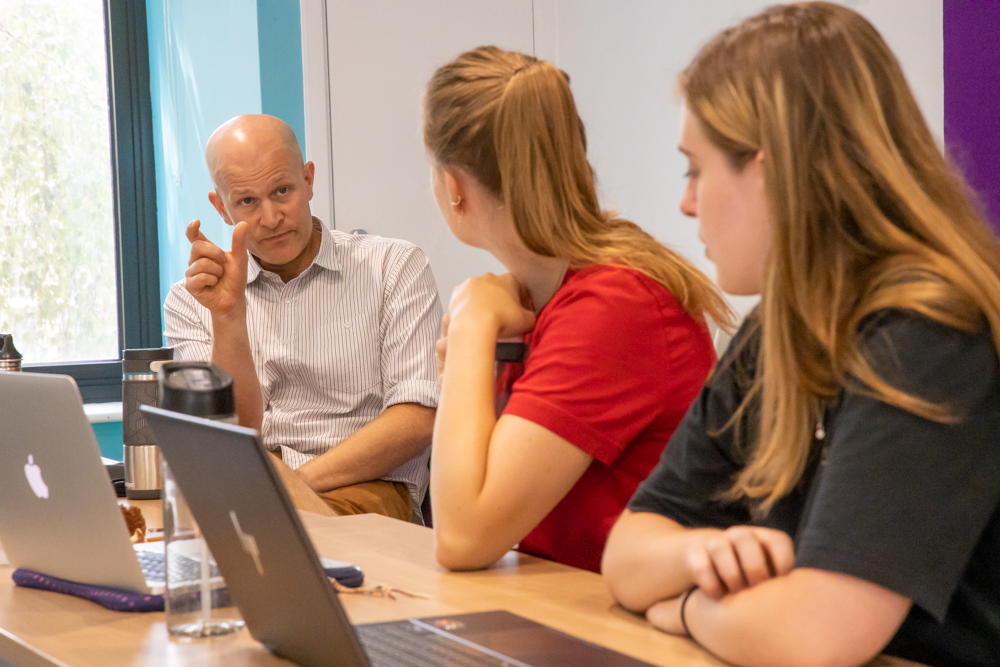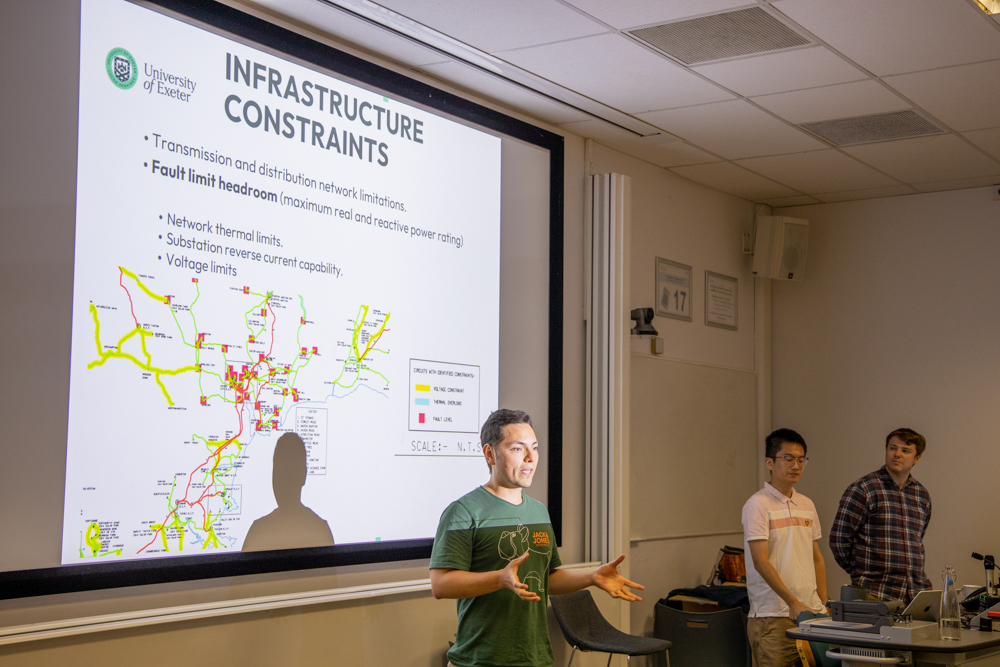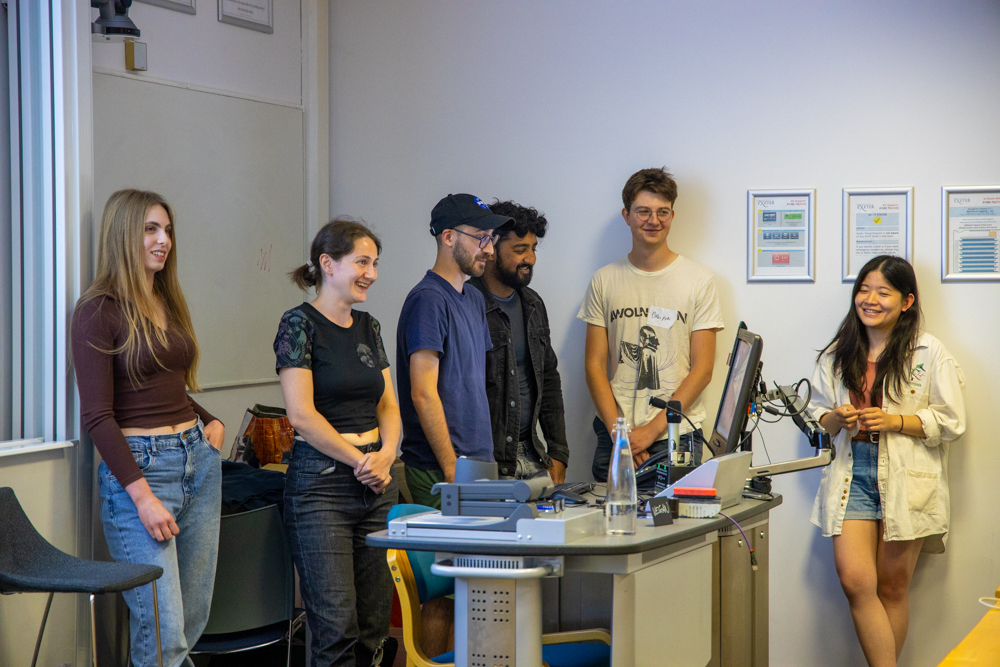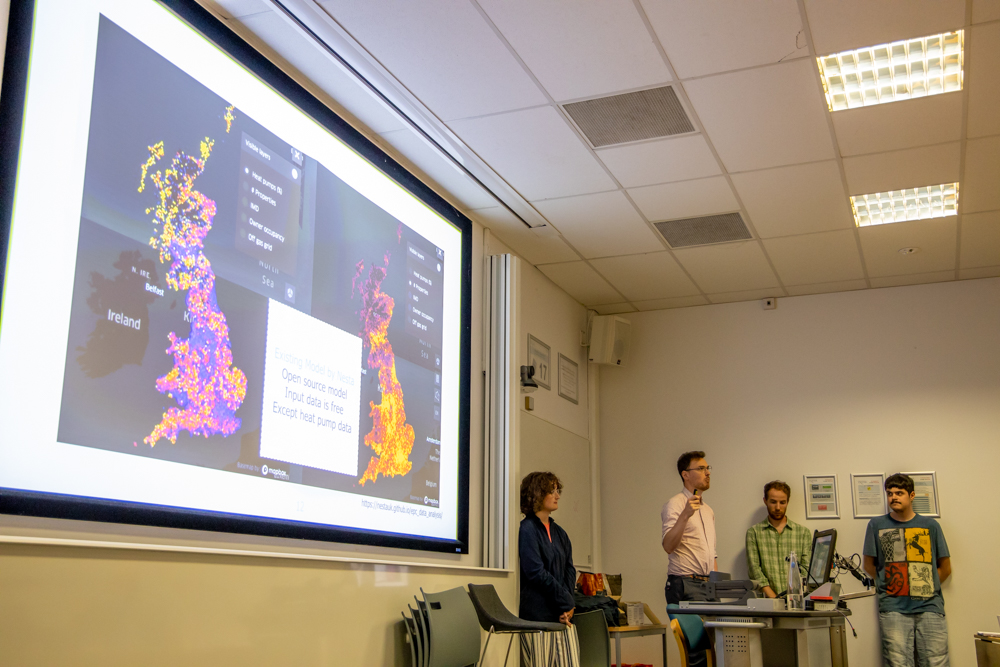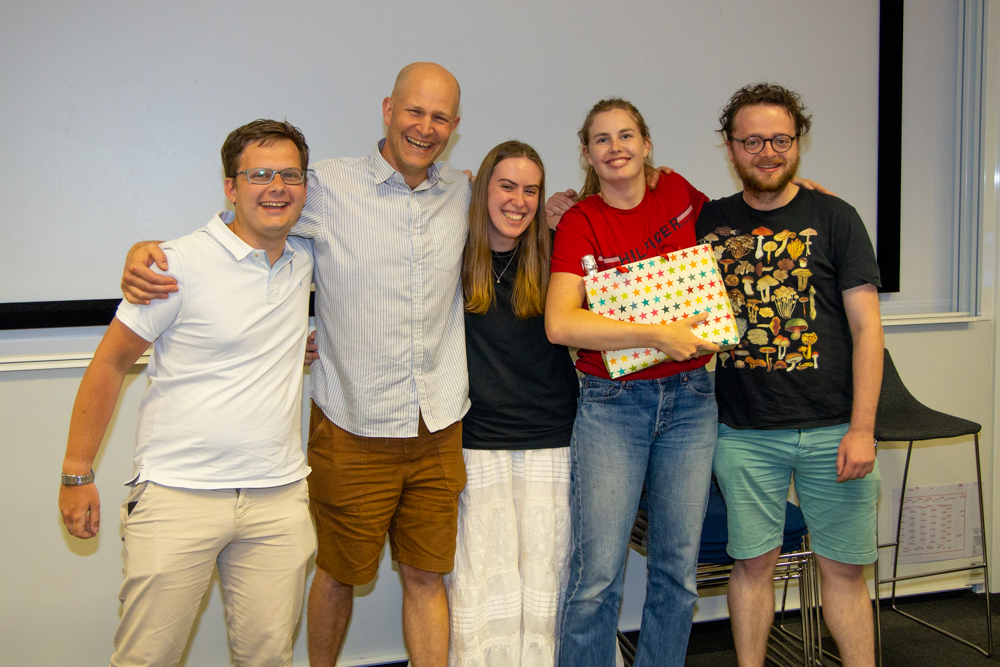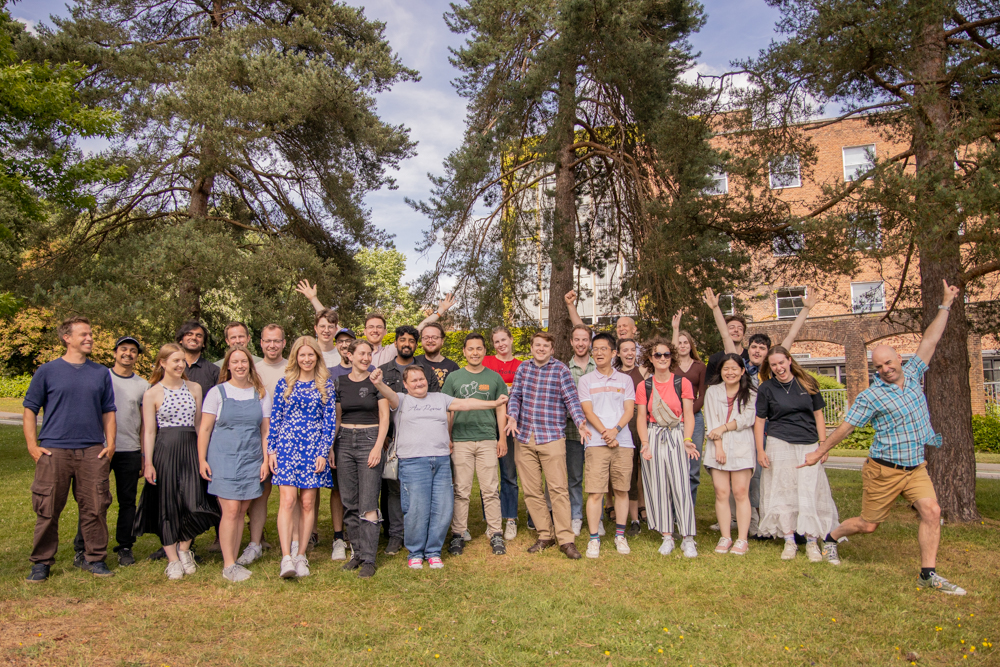Training
The CDT in Environmental Intelligence PhD programme is a 4-year interdisciplinary training experience designed to bring students from a range of academic backgrounds together to learn in a collaborative environment, and contribute to the development of EI research. Postgraduate researchers receive training in the range of skills required to become a leader in Environmental Intelligence:
- the computational skills required to analyse data from a wide variety of sources
- expertise in environmental challenges
- an understanding of the governance, ethics and the potential societal impacts of collecting, mining, sharing and interpreting data, together with the ability to communicate and engage with a diverse range of stakeholders
Year 1 of the programme consists of training, short projects, and student-led PhD project development. Industry funded students in the CDT work in partnership with their supervisors to develop the project into a research proposal to start in Year 2. Training, cohort activities and placements, enhance the PhD experience for CDT students and provide opportunities for cohort-building and peer support.
To Environmental Intelligence and Beyond (formerly Grand Challenges)
To Environmental Intelligence and Beyond (formerly Grand Challenge) is our flagship annual event; a week-long hackathon-style data challenge in which teams work intensively on EI questions set by non-university partners. Previous Grand Challenges have been delivered in partnership with the Met Office, Wells Fargo and Federated Hermes. Grand Challenges provide students with opportunities to acquire new skills and domain knowledge, work collaboratively in interdisciplinary teams, and to explore new ideas and ways of working. Find out more about the 2023 Grand Challenge
Placements
We encourage all students to undertake at least one placement during their PhD, and these can either be integrated into the student’s PhD research or a complementary experience to support their development. The CDT has partnerships with a range of organisations from different sectors with whom placements can be arranged, and students are also able to identify their own placement opportunities if they so wish.
Programme Structure
We review and improve our training programme each year. This image below illustrates the typical structure of the 4-year programme.